
Purim Celebration – Overview
How is Purim properly celebrated? Read some fun facts about this special day! Rebbe Nachman explains the great benefits of joy, clapping, and dancing on Purim.

-
Megillat Esther – We read the Scroll of Esther. To learn more about Megillat Esther, click here.
-
Matanot l’evyonim – Give to the needy.
-
Mishloach Manot – Send food portions to friends.
-
Purim Seudah – Enjoy a Purim meal.
Rebbe Nachman describes the tremendous benefits we gain through our joy, hand clapping, and dancing on Purim.
Matanot L’evyonim
MISHLOACH MANOT
Purim Seudah
“On Purim, one should drink – Ahd D’lo Yoda Bain Arur Haman L’Boruch Mordechai” – “Until he can no longer tell the difference between ‘Cursed be Haman’ and ‘Blessed be Mordechai.’ ” (Tractate Megilah 7b).
Fun Facts about Megillat Esther
- Megillat Esther is the only book in the scriptures that does not mention God‘s name.
- Megillat Esther is unique in that it contains words which appear nowhere else in the Bible:
-
- Tevet: the tenth Hebrew month.
- Kasher: fit
- Patshegen: a copy of the (written) text
- Ahashdarpenim: Persian word for the King’s officers
- Pur: Persian word meaning “lot.”
- Karpas: Persian word for cotton.
- All the letters of the Hebrew alphabet are found in Megillat Esther 3:13.
- Haman’s name is mentioned fifty-four times in the Megillah (take out your groggers!).
- The Hebrew word Mishteh, meaning banquet, occurs 20 times in Megillat Esther (which is equal to the total of ALL the other times it is found in the rest of the Bible).
- The longest verse in the Bible appears in Megillat Esther (Megillat Esther 8:9). It has 43 words in Hebrew (and approximately 90 words in the English translation):
“Then were the king’s scribes called at that time, in the third month, that is the month Sivan, on the three and twentieth day thereof; and it was written according to all that Mordechai commanded unto the Jews, and to the lieutenants, and the deputies and rulers of the provinces, which are from India unto Ethiopia, a hundred and twenty seven provinces, unto every province according to the writing thereof, and unto every people after their language, and to the Jews according to their writing and according to their language” (Megillat Esther 8:9).
- The Talmud instructs us that on Purim we should drink until we don’t know the difference between “Blessed be Mordecai” and “Cursed be Haman.” Interestingly, the numerical value of the Hebrew letters in both of the phrases, “baruch Mordechai” (“Blessed be Mordechai”) and “arur Haman” (“Cursed be Haman”) equals 502.
- And speaking of “Cursed be Haman…” On January 30th, 1944, Hitler said: “If the Nazis are vanquished, the Jews will be able to celebrate a special Purim.”
Rebbe Nachman on Purim
Our joy and clapping and dancing on Purim make us worthy of receiving the Torah in its two aspects, revealed and hidden. For the great revelation that came about through Mordechai and Esther was “receiving the Torah.”
- Through this we are able to fulfill the mitzvah of counting the Omer the proper way.
- The klipah (husk) of Haman the Amalekite (may his name be blotted out) is crushed.
- The force of pride, idolatry and atheism is broken.
- Great faith, holy wisdom, true life and length of days are brought into the world.
- The severity of God’s harsh judgments is sweetened, and all the harsh decrees against Israel are revoked (Likutey Eitzot10:8).
- Purim is a preparation for Peach. Through the mitzvah of Purim, we are protected from chametz on Pesach (Likutey Moharan II, 74).


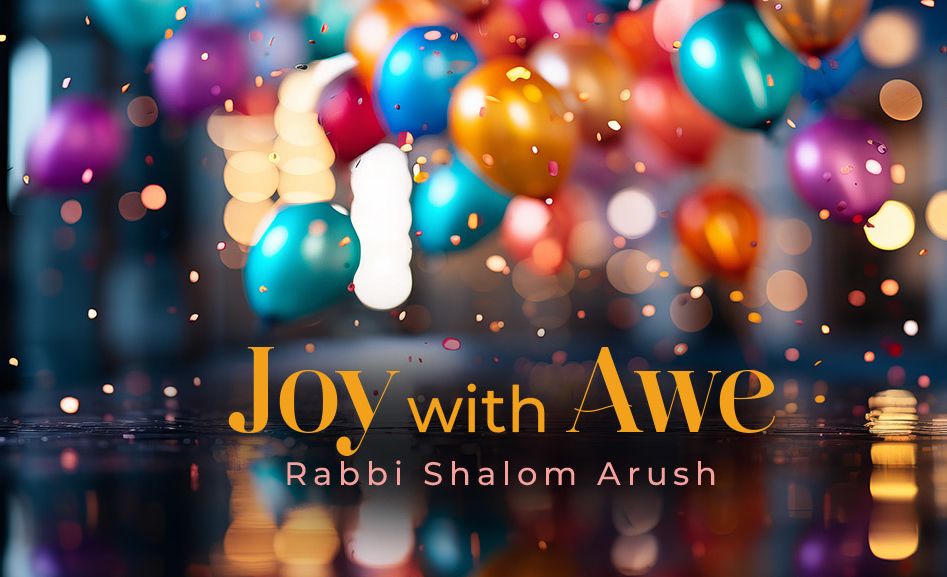

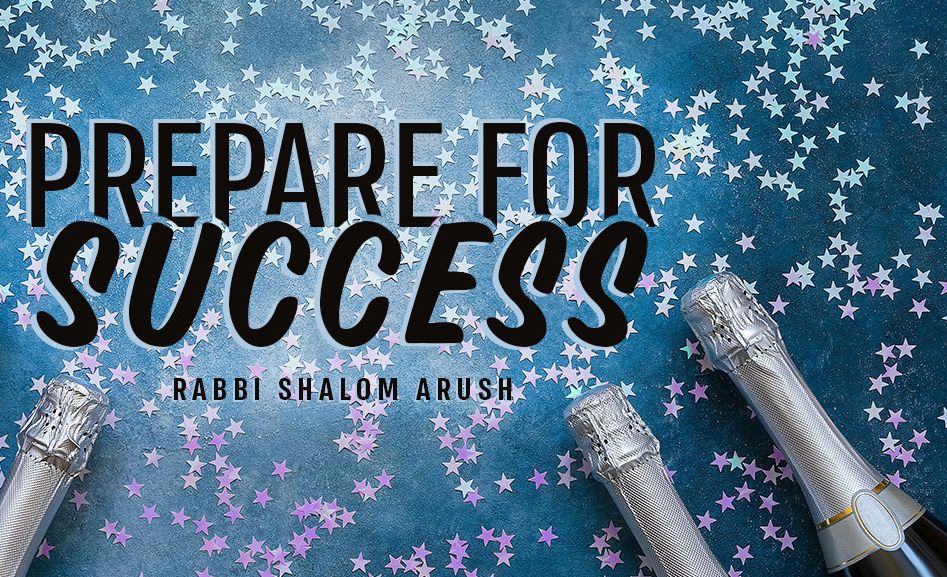

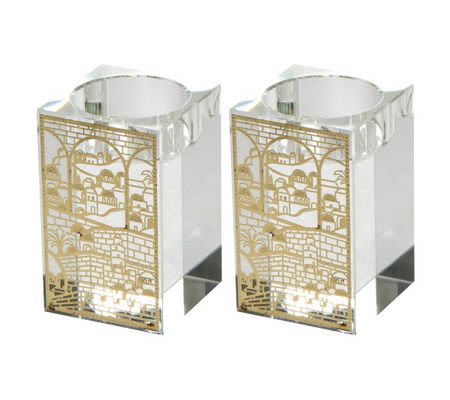
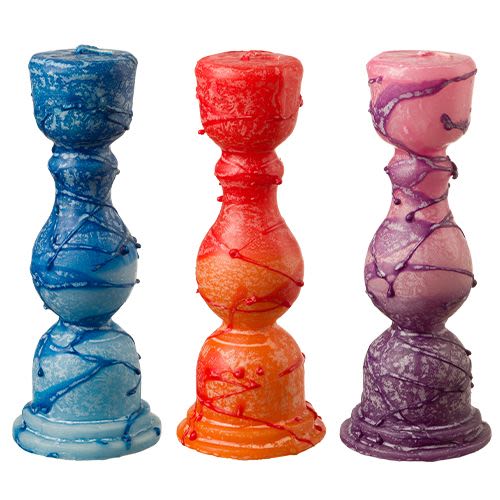
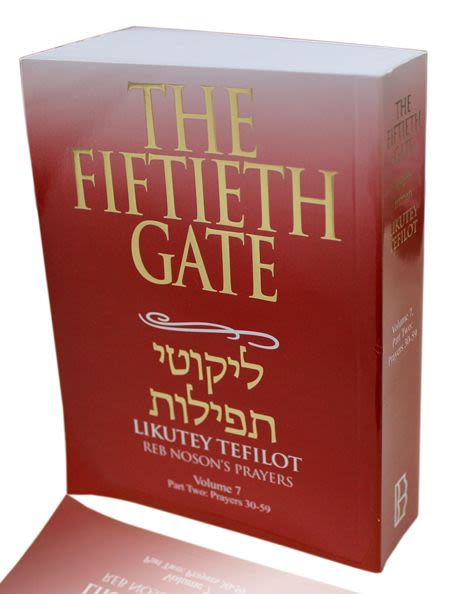
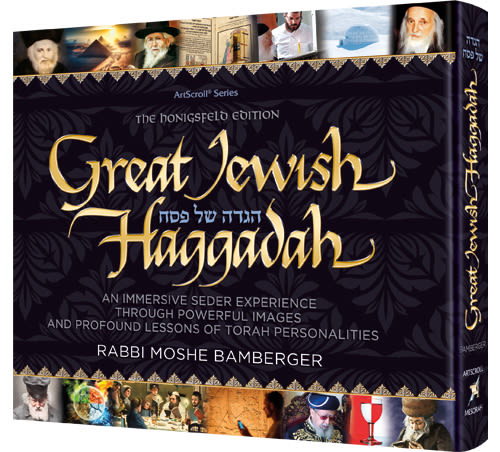
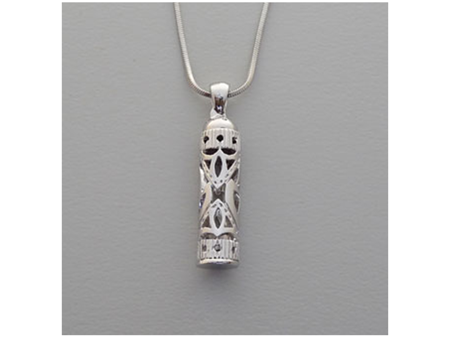
Tell us what you think!
Thank you for your comment!
It will be published after approval by the Editor.